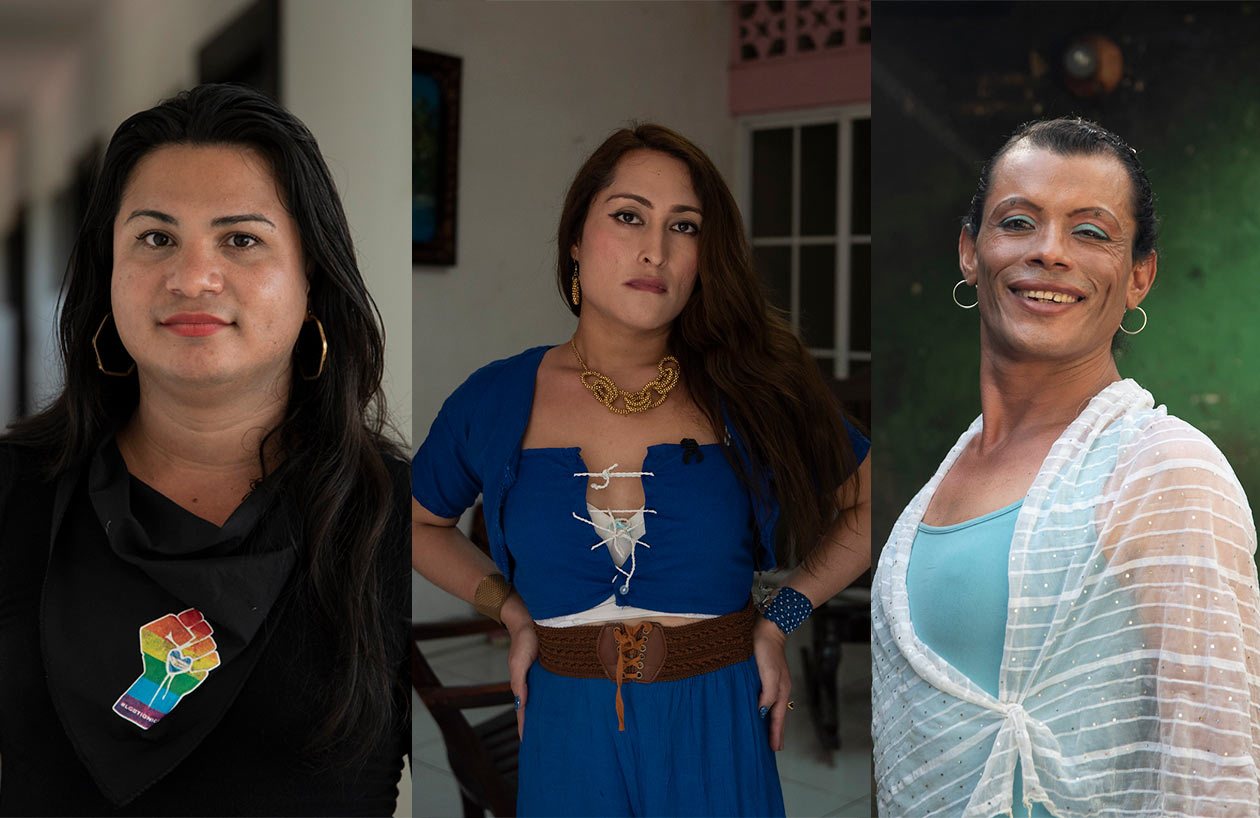The Inter-American Legal Assistance Center for Human Rights (Calidh), through its report on the situation in Nicaragua that exposes the “crimes against humanity”, denounces that the violations of the rights of trans women that the Ortega-Murillo regime has imprisoned for political reasons, constitute “gender discrimination”.
«Knowing the number of trans women political prisoners or prisoners of conscience is urgent, since violence for gender reasons does not manifest itself in the same way against cisgender women as against trans women. So, by ignoring the statistics of trans women political prisoners, they are made invisible and with it the dimension of the violence they suffer. In this framework, it is essential that the State prepare and publish a registry that does not start from the gender binary, but rather applies a differentiated approach,” says the document that collects and denounces the acts of the dictatorship against opponents, before international bodies. and the Argentine federal justice system in the case against humanity.
Related news: I/A Court HR condemns the absolute lack of protection suffered by political prisoners in Nicaragua
The organization highlights the cases of the released political prisoners Celia Cruz, Kisha López and Victoria Obando, cases that “group together testimonies of survivors; However, that was not the fate of Sexy Carolina, head of the Diriamba roadblock. She was kidnapped on July 9, 2018. During her confinement, she was tortured, forced to sleep in her underwear, and beaten in the La Modelo and El Chipote prisons. As a result of the acts of torture that she suffered from her, she lost three teeth and her retina detached. She was sentenced to 13 years in prison for the crimes of being a gatekeeper, a terrorist and having participated in the burning of the Diriamba police offices, a situation that left her traumatized and prevented her from fighting stage IV leukemia. She died on April 22, 2020 », laments Calidh.
They recall the cases of trans women opponents who in 2018 were victims of violence and torture, both by police officers and Sandinista sympathizers, all of whom denounced having been locked up in prisons for men where they were “humiliated, stripped naked to exhibit them, tried to cut their hair and threatened to rape them.
Given this, they reject that the regime did not implement a comprehensive program for trans women after being released under the Amnesty Law in 2019. They ensure that the surveillance, harassment, criminalization and forced exile of several of the trans women express political it accounts for the null effort of the State to recognize that they must be fully repaired.
The organization asks international organizations “to urge the State to: publish and detail the current number of trans women political prisoners; that it adopt urgent measures so that trans women political prisoners are not exposed to human rights violations.”
“In the case of released trans women, cease the harassment, surveillance and criminalization that they experience and promptly adopt a comprehensive reparation plan for the human rights violations of which they were victims during their confinement,” the international organization demands.















